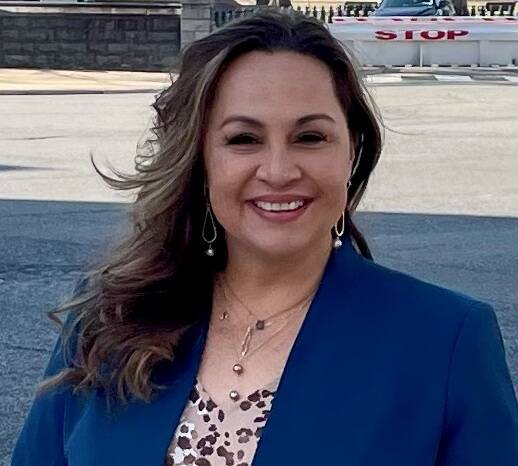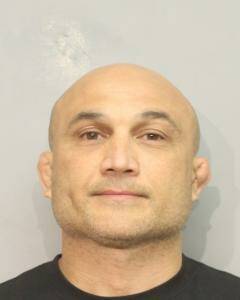The County Council agrees the county needs to take a closer look at how it dispenses credits for building affordable housing, but members of the Finance Committee who were present Tuesday were unsure the timing was right to undertake a wide-ranging audit.
Instead, the committee asked to narrow the scope of a resolution proposed by North Kona Councilman Holeka Inaba and possibly delay its implementation until federal criminal investigations are complete.
“There’s an active investigation going on a very different level. Not just on a local level but on a federal level,” said Hilo Councilwoman Sue Lee Loy. “I do not want to agitate any investigation going on by another very important agency.”
The county’s use of the credits has recently come under greater scrutiny, following a guilty plea to accepting almost $2 million in bribes from former community development specialist Alan Scott Rudo in the county Department of Housing and Community Development and the federal indictment of attorneys Paul Joseph Sulla, Jr. and Gary Charles Zamber, charged with six counts of honest services wire fraud and one count of conspiracy. Sulla is also charged with one count of money laundering. Rajesh P. Budhabhatti, a Big Island businessman, was charged in separate complaints with conspiracy to commit honest services wire fraud.
In announcing the charges in the $11 million scheme, U.S. Attorney Clare Connors praised the reporting by Environment Hawaii that first raised red flags about Rudo’s schemes and, she said, led a county employee to alert the FBI, nonprofit newsletter publisher Pat Tummons said.
Inaba pushed for at least an accounting of the affordable housing credits out there, and agreed to work with County Auditor Tyler Benner to tighten the focus of Resolution 467 and postpone it to the Aug. 16 meeting. The committee voted 5-0 in agreement.
Benner, as well as Housing Administrator Susan Kunz, said the Office of Housing and Community Development has already retained a consultant to evaluate many aspects of the program and make recommendations. That report is expected in late September or early October.
“There’s considerable overlap between what we’re being asked to do and what the consultant is already doing,” Benner said.
Inaba pointed out that as the county ramps up its affordable housing development, developers will need to know the credits are good.
“If we don’t get an accounting of the existing credits out there and whether they are legitimate … we’re not going to see development of affordable housing,” Inaba said. “If not, we’re choosing as a county not to get an accounting.”
Council members agreed something needs to be done.
“There is a great need to restore public trust right now,” said Hamakua Councilwoman Heather Kimball, suggesting the scope of the resolution be narrowed down. “I think there need to address that short term distrust if you will and rebuild that accountability and transparency.”
Developers who agree to construct new affordable housing units in excess of any requirements imposed under county law may earn affordable housing credits. The credits can be transferred to other developers, who can use them to satisfy existing or future affordable housing requirements.
“The credits are a commodity, a valuable commodity in fact, that I for one want to make sure we have a accurate accounting of,” Kimball said.













